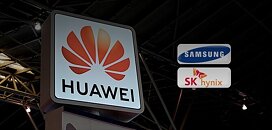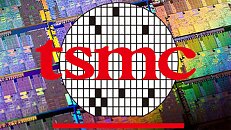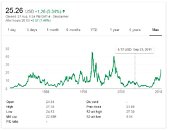China Bans AMD and Intel CPUs from Government Systems
According to a report by the Financial Times, China has banned the use of Intel and AMD chips in government computers. The decision, which aims to reduce reliance on foreign technology and boost domestic semiconductor production, is expected to have far-reaching implications for the global tech industry and geopolitical relations. The Chinese government has instructed PC suppliers to replace foreign-made CPUs with domestic alternatives in all government computers within the next two years. This directive is part of China's broader strategy to achieve self-sufficiency in critical technologies and reduce its vulnerability to potential supply chain disruptions or geopolitical tensions. The ban on Intel and AMD chips is likely to significantly impact the two companies, as China represents a substantial market for their products.
However, the move also presents an opportunity for Chinese semiconductor manufacturers like Loongson and Sunway to expand their market share and accelerate the development of their next-generation chip technologies. By reducing its dependence on foreign technology, China aims to strengthen its position in the global tech landscape and mitigate the risks associated with potential sanctions or export controls. As China pushes for self-sufficiency in semiconductors, the global technology industry will likely experience a shift in supply chains and increased competition from Chinese manufacturers. This development may also prompt other countries to reevaluate their reliance on foreign technology and invest in domestic production capabilities, potentially leading to a more fragmented and competitive global tech market.
However, the move also presents an opportunity for Chinese semiconductor manufacturers like Loongson and Sunway to expand their market share and accelerate the development of their next-generation chip technologies. By reducing its dependence on foreign technology, China aims to strengthen its position in the global tech landscape and mitigate the risks associated with potential sanctions or export controls. As China pushes for self-sufficiency in semiconductors, the global technology industry will likely experience a shift in supply chains and increased competition from Chinese manufacturers. This development may also prompt other countries to reevaluate their reliance on foreign technology and invest in domestic production capabilities, potentially leading to a more fragmented and competitive global tech market.





































